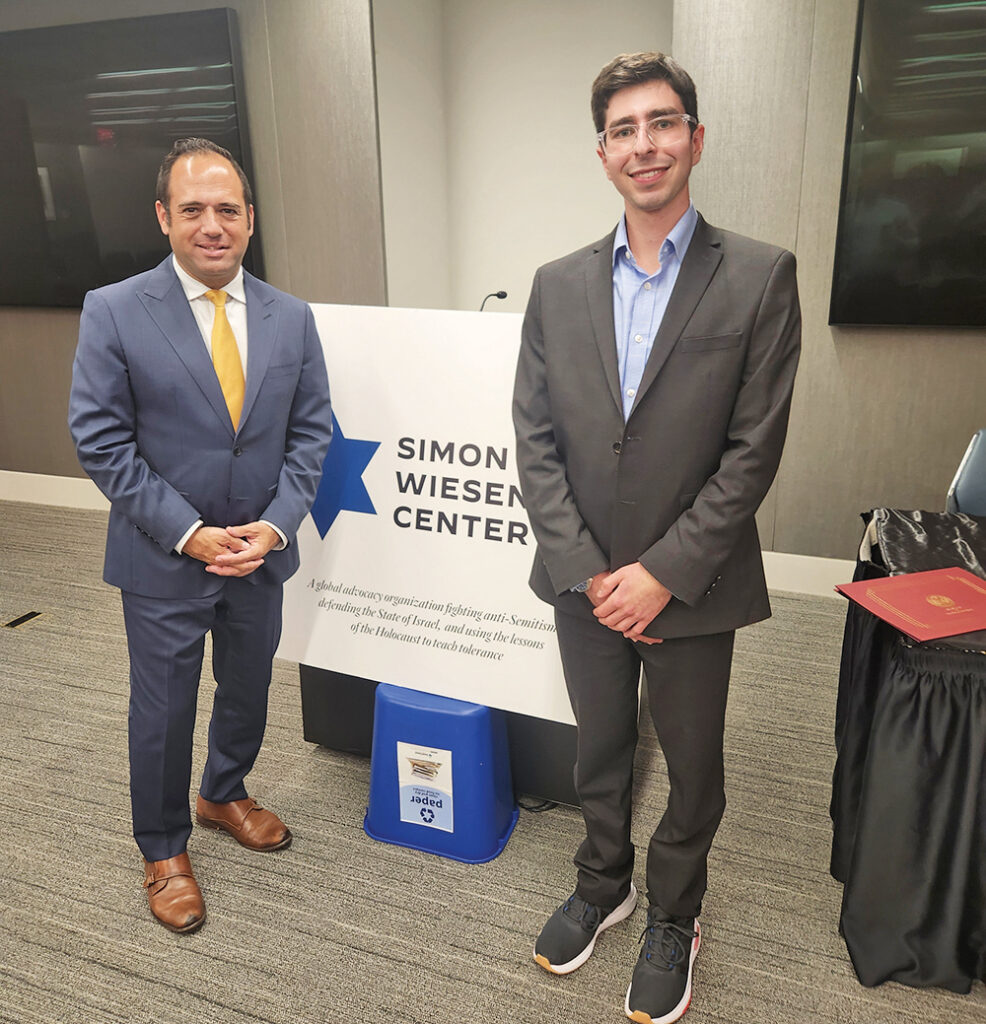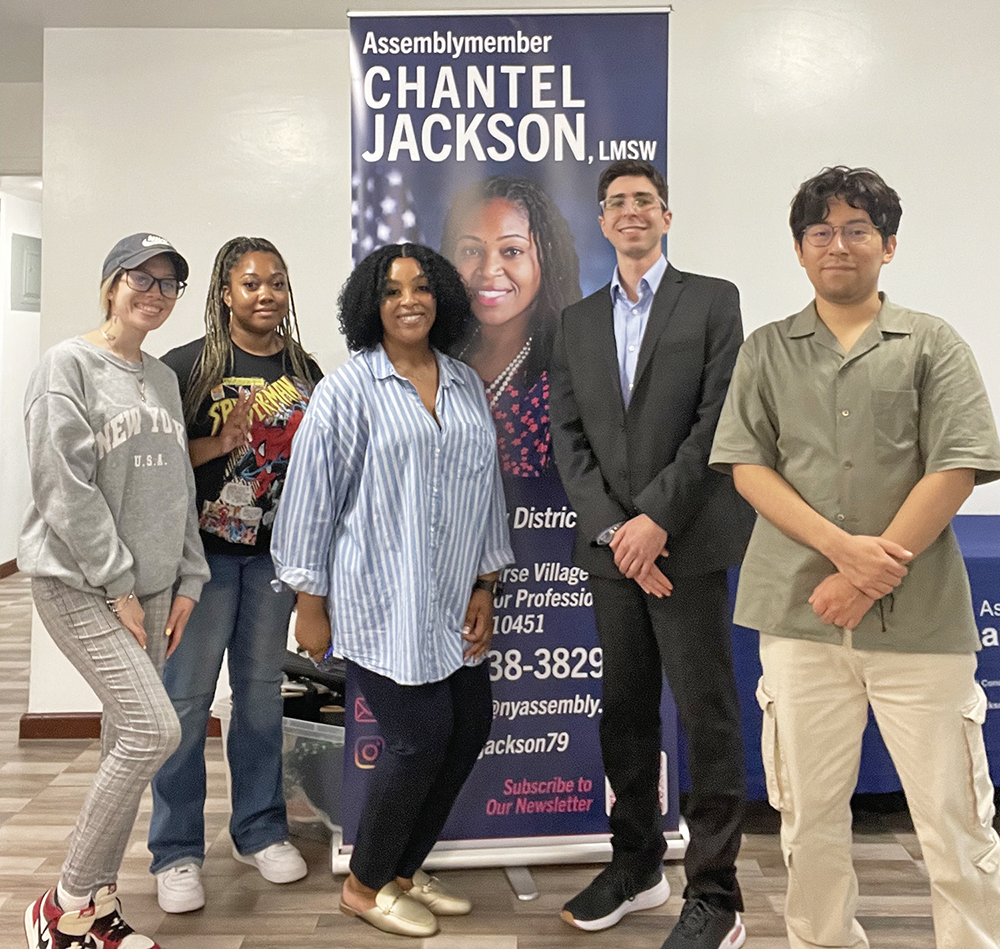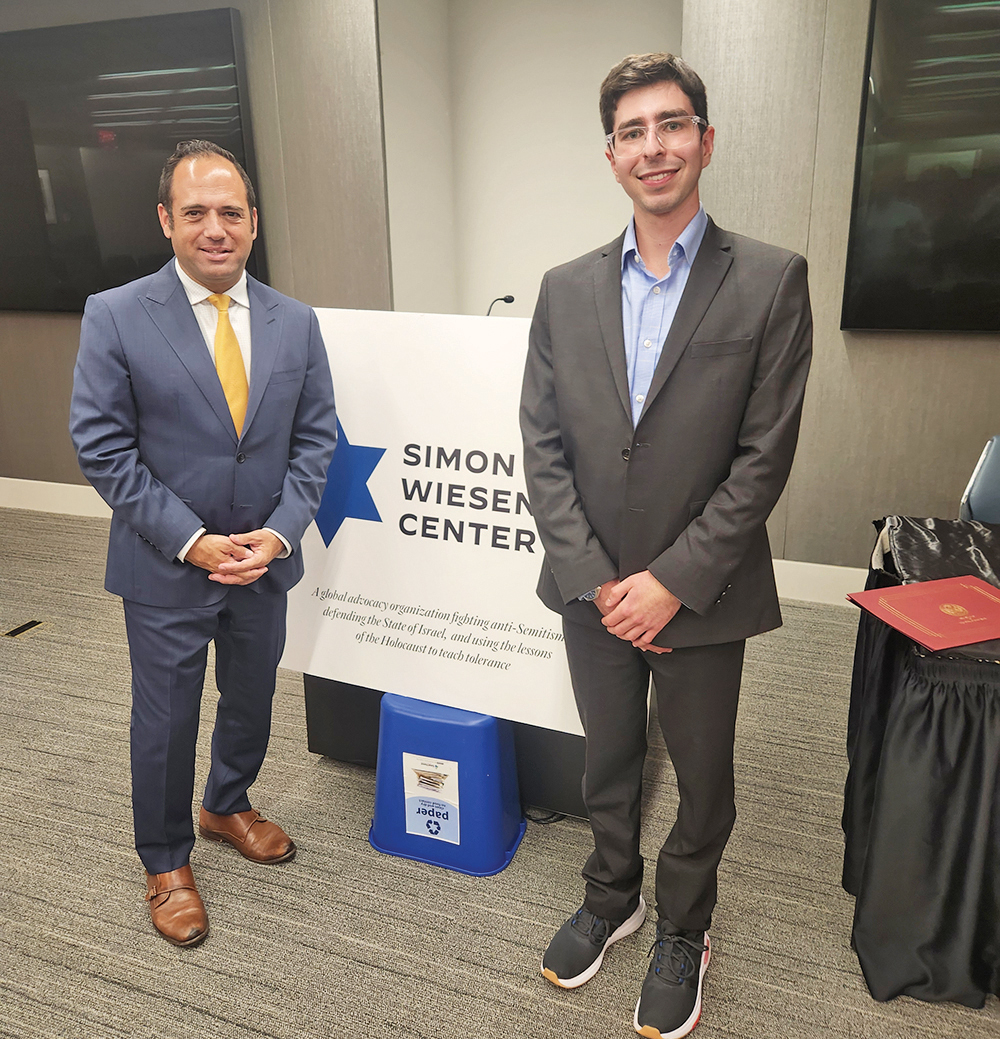
The morning began with an unexpected moment of excitement—I was barely settled at my desk when I was informed that we were heading out to a surprise event. There was no time to ask questions as we rushed out, the assembly member leading the way. As we walked through the Bronx, I had no idea what awaited us, but soon, we arrived at a building that instantly commanded attention—a stunning new luxury housing complex that stood out from its humble surroundings with its sleek, modern design and inviting atmosphere. The event was buzzing with energy as local news cameras rolled, capturing the moment. The assembly member took the podium, speaking passionately about the vital role of housing development in our community, before cutting the ribbon with a ceremonial flourish.
As I took in the impressive gathering of officials and excitement, I began to understand why events like these are significant. I knew this was just the start of a summer that would be filled with transformative experiences and unexpected opportunities.
Finding this internship opportunity was not easy. As a junior in college, there is immense pressure to find an internship, which can often feel daunting, complicated and quite stressful. After completing dozens of internship applications, going through interviews and dedicating hours to searching for applicable internships, I was offered a position in the Simon Wiesenthal Government Advocacy Internship Program. Upon receiving the acceptance letter, I knew I had found an internship in a field that genuinely interested me, and eagerly accepted the role. This sounded like an opportunity where I could learn how to really make a difference in my community.
However, when I received more information about the internship and my placement, I was initially very hesitant and unsure what to expect. I was assigned to work in the office of Assemblywoman Chantel Jackson, a Democratic New York State assembly member representing the 79th District in the Bronx. Commuting to the Bronx daily was not something I wanted to do. I had hoped to be in a district with a larger Jewish population where I could directly work with people from my community, combatting the rampant rise in antisemitism. Despite these reservations, I was committed to making the most of the experience and doing the best job possible.

The program began with an orientation at the Simon Wiesenthal Center (SWC). All the unfamiliar faces of the entire internship cohort gathered, and the session began with a speech by the program director, who had us introduce ourselves, our internship placement, and our mentors—something that we would be doing during our weekly seminars with guest speakers. This session gave us the opportunity to meet other interns from colleges across the U.S. and start forming connections and friendships that would grow throughout and beyond the program.
On my first day of work, after navigating the chaotic New York City bus system, I arrived at Assembly Member Jackson’s office; I was greeted by her chief of staff, who gave me a tour of the office, introduced me to the team, and walked me through my responsibilities for the summer.
Throughout the internship, one of my primary tasks was working as an administrative assistant at the front desk, where I answered phones and greeted constituents. My role was to help them in any way I could and, if needed, direct them to the appropriate department for further assistance. One of my goals was to gain a deeper understanding of laws and government, and I had the opportunity to work closely with the legislative director. I prepared research briefs and helped draft bills that the assembly member could introduce. Mental health is a significant issue in the Bronx, and I helped draft a bill to address these challenges. Another bill that I initiated was to prevent further antisemitism in NYC—something that was very personal to me as a Jewish college student.
One of the most rewarding moments during my internship was assisting with a food distribution event. I helped to distribute canned goods and vegetables to individuals who needed them. These people were not able to afford food and other essential living commodities for their families, so it was a big mitzvah to be part of this experience; seeing the extreme gratitude in people’s faces and voices—expressed in both Spanish and English—was incredibly humbling. This experience reminded me of how small acts of kindness, gemilut chasadim, can impact people’s lives.
Jackson has an all-female staff, and being the only male and the only Jewish person in an all-female office was initially a bit unsettling. As I got to know everyone better, I realized that everyone was extremely nice, respectful and understanding of each other. Being the only Jewish person in the office, I was able to interact with others who do not usually interact with the Jewish community. I answered questions about Judaism, wore my kippah proudly, and represented the Jewish community both in the office and at various events. This visibility started meaningful conversations and allowed me to educate others about Judaism while helping me appreciate the diverse perspectives and experiences of those around me. It was a unique opportunity to build relationships and help to create a positive impression of the Jewish community. I realized that my placement in the Bronx was not entirely random but instead was meaningfully planned to help build bridges with other communities.
Another key component of the SWC internship program was the weekly seminars. Each week after work, our entire cohort of interns gathered at the SWC office to hear from distinguished guest speakers. We were privileged to learn from a diverse variety of professionals, including lawyers, journalists, political activists, businessmen and others who generously shared their insights, experiences and career paths, giving their unique advice as we begin our journeys. Among my favorite sessions were those led by an attorney who talked about his efforts to support the Jewish community and an executive in investment management who discussed his philanthropic involvement and the rigorous research that goes into his work. These seminars emphasized the importance of identifying one’s passions, understanding the “why” behind problem-solving, and other essential skills. After the lectures, we had the opportunity to network with the speakers, engage in meaningful discussions and ask questions, making these sessions deeply impactful for our professional growth.
Beyond the speakers, the seminars provided a platform to connect with fellow interns, learn about their placements and explore ways to collaborate across different offices. Before the guest speakers began their presentations, we took turns introducing ourselves, our placements, sharing highlights from our week, and building connections. The interns’ stories were often quite funny, sparking lively conversations after the lectures. For example, one intern who worked for the DA’s office shared crime stories that the DA dealt with, while others described their experiences at events like National Night Out and meetings with other offices and public leaders. Interns summarized the work they were involved in, such as handling critical Excel spreadsheets, assisting with phone calls, tabling at events, and the ways they helped constituents.
We discussed the challenges faced in our respective districts, such as addressing antisemitic graffiti, preventing illegal drug usage, navigating reelection campaigns and resolving RV-related issues. These shared yet diverse and random experiences created a sense of collective purpose and camaraderie within our cohort. I deeply valued the opportunity to be part of this community of interns and professionals who were genuinely invested and eager to support our growth and success.
Over the course of the internship, I gained many valuable skills in my office and as part of the SWC program, including a deeper understanding of how the New York State Assembly functions and learning to work effectively in a team-oriented office environment. Initially, it was uncomfortable answering the office phone, but as soon as I realized how my actions could positively impact people’s lives, my communication skills improved. For instance, an older woman called the office about a housing issue. She was quite distressed, and I soon connected her with the help she needed. She was very appreciative, and I was very glad to help her and make her day better throughout and after our conversation. This is just one of the many moments where I felt that what I was doing made a difference. Helping her underscored the importance of chesed—by helping others, the little actions you do can have a profound effect on their lives. In my office, I applied the concept of tikun olam by understanding and respecting the unique perspectives and experiences of my colleagues and the constituents I helped to serve, which built a sense of respect and inclusion.
Being part of the SWC cohort allowed me to meet like-minded individuals and form lasting relationships and friendships that will extend far beyond this summer. This experience not only provided me with professional growth but also enhanced my understanding of my Jewish identity and its connection to the broader community.
Gavriel Factor is a Yeshiva University senior from San Diego, majoring in marketing and strategy and entrepreneurship. He is a contributor to the Yeshiva University student publication, The Commentator, and enjoys going to the beach in his free time.










